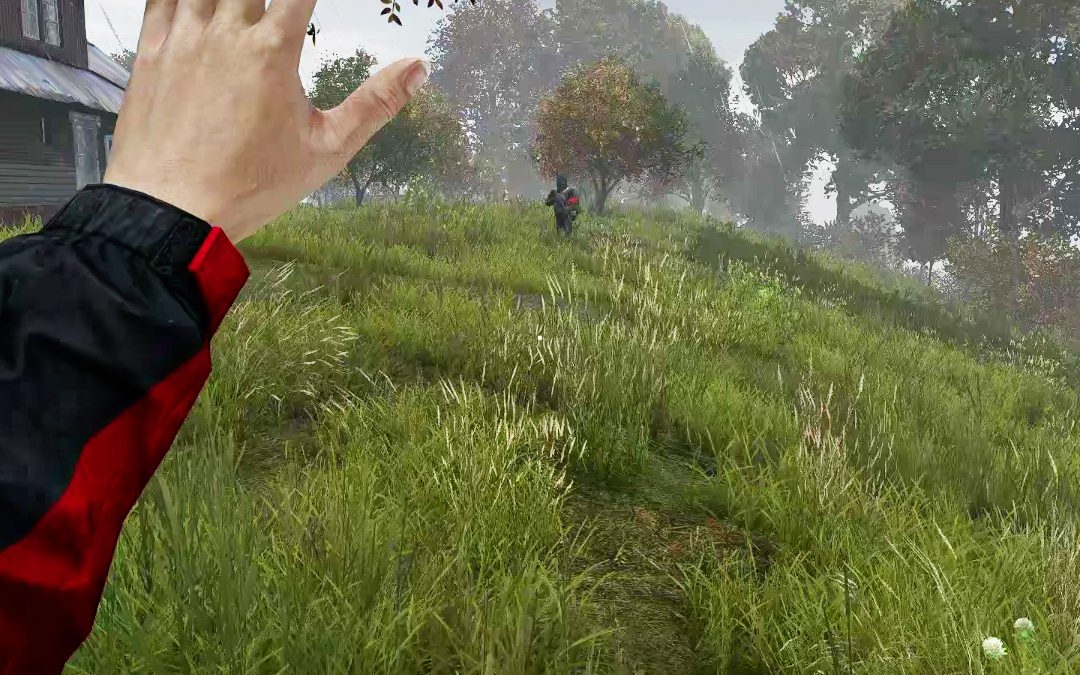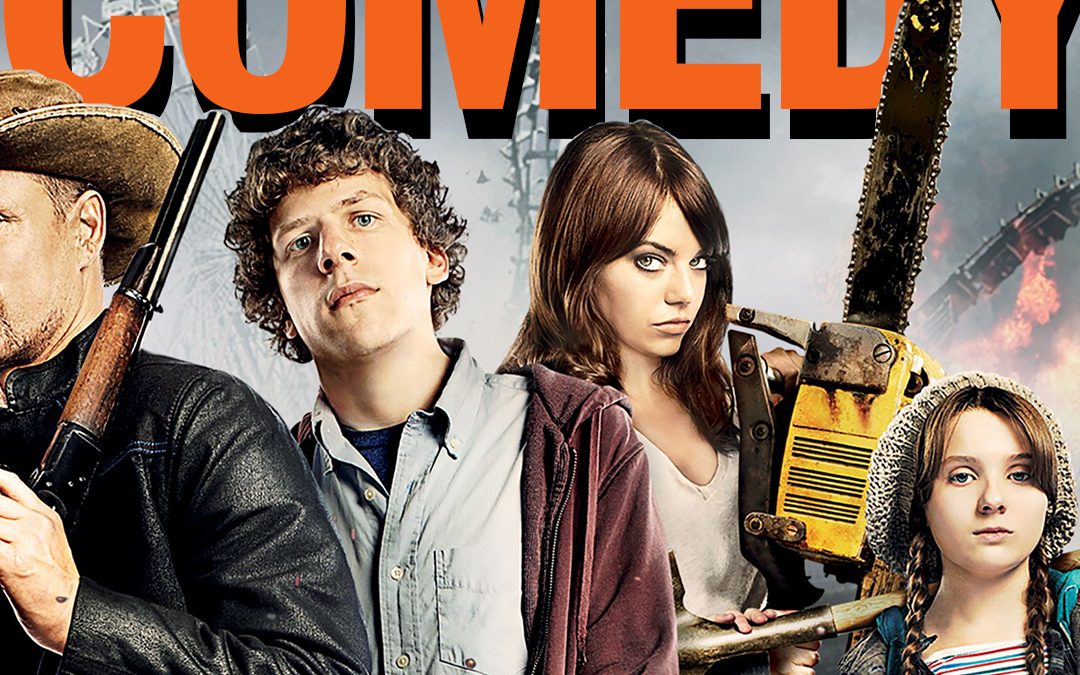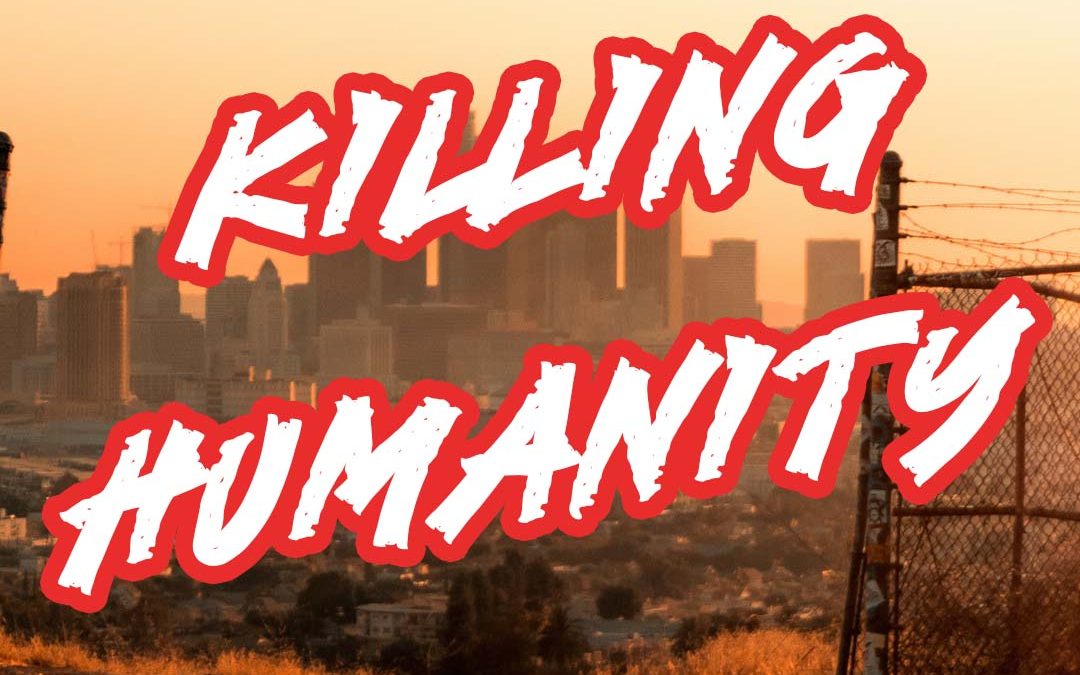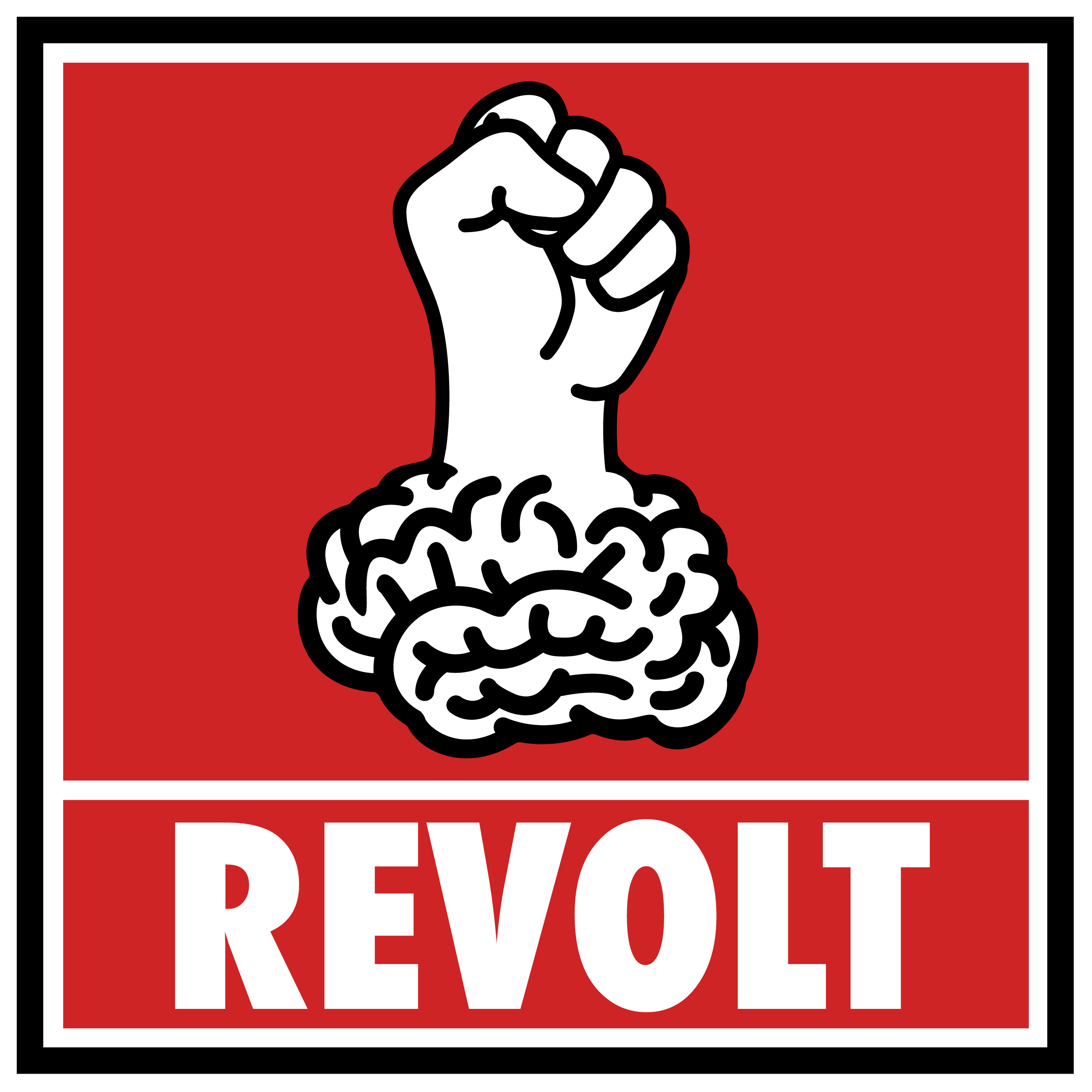
May 11, 2022
DayZ is one of many games set in an apocalypse, but unlike all others, it forces the player to create their own “narrative.” Thus, it presents the opportunity to offer commentary on both conscious and subconscious popularity of consuming apocalyptic media. Further, by placing the consumer into the story in ways none of the other mediums can, it may offer insights into the way consumers think about their role in a post-apocalyptic world.

Apr 4, 2022
We discuss the function of wide-scale destruction and ruins in apocalyptic and post-apocalyptic films.

Mar 24, 2022
We discuss the dramatic significance of zombie comedies using Zombieland as an example. Dr. Kyle William Bishop in his article “Vacationing in Zombieland : the classical functions of the modern zombie comedy” applies Northrop Frye’s frameworks for criticism to demonstrate how the zombie comedy is more than just gratuitous violence and should be taken seriously by academic and critics alike. We use specific examples from Bishop, Frye, and the film itself to show why Zombieland, for example, is a traditional dramatic romantic comedy.

Feb 15, 2022
We discuss a book chapter by Dina Khapaeva titled “Killing Humanity – Anthropocentrism and Apocalypse in Contemporary Cinema” from the edited volume “The Age of Spectacular Death” edited by Michael Hviid Jacobsen. Khapaeva discusses the “human” and “anti-human” paradigms in apocalyptic media and the commodification of anti-humanism mentioning examples such as The Incredibles, Avengers, Harry Potter, Wall E, Pacific Rim, and many others.




